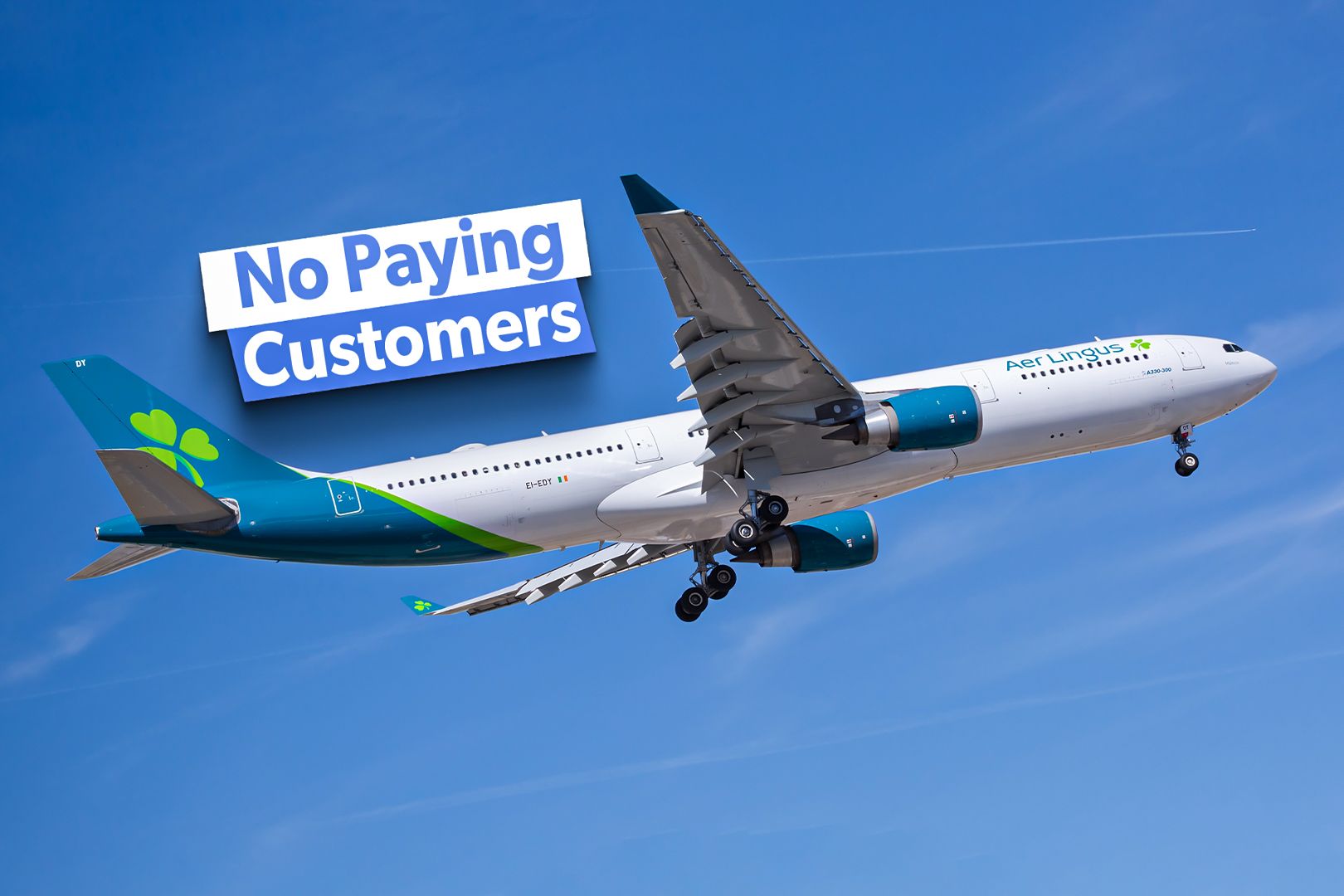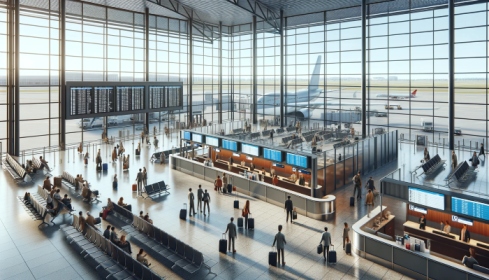Summary Frequent flier programs have evolved beyond free flights and involve many partnerships. Airlines are launching loyalty-only flights to appeal to holiday-goers using miles. Some strategically use exclusive loyalty flights to fill seats and provide unique benefits to frequent fliers.
Frequent flier programs, or Airline Loyalty Programs as they are better known, have increasingly become more and more important parts of the airline industry landscape. These extensive award schemes have the rather simple purpose of providing patrons with free flights. However, they have grown to become cash machines that do far more than offer free flights that can be booked based on points you earned from credit card purchases .

Carriers have now developed dozens of partnerships, and have helped ensure that every facet of the loyalty experience makes its way into the consumption habits of the average program member. These programs have now become so important in the American consumer landscape that everyone from credit card lenders to hotel chains and rideshare services will battle to be the company selected for a partnership with a major airline loyalty network. As a result, carriers have become extremely powerful sources for the sale and distribution of frequent flier miles, which in turn serve as important assets for revenue generation.
Get all the latest aviation news on Simple Flying! Thus, the concept of loyalty-only flights was born. Aer Lingus, among others, is putting this kind of service to the test, launching nonstop flights to Tenerife that can only be booked with Avios, the carrier's loyalty points. Let's explore what strategic arguments support the concept of flights that can be exclusively reserved via loyalty points.
A deeper look at the first case study It is important to take a deeper look at the motivations behind Aer Lingus (alongside British Airways and Iberia which preceded them) deciding to launch loyalty-only flights. For starters, these flights will serve the route between Dublin International Airport (DUB) and Tenerife South/Reina Sofia Airport (TFS) in the Canary Islands. This destination is one of Europe's most important leisure hotspots, demonstrating that this loyalty-only flight is designed to appeal to holiday-goers who may be hoping to use miles to book a vacation.
British Airways and Iberia, two carriers also under the management of the International Airlines Group (IAG) alongside Aer Lingus, have also chosen to launch loyalty-only flights to leisure-oriented destinations, with them choosing Sicily and Santorini. Furthermore, the carrier has chosen to launch this Dublin-Tenerife leisure route during the Easter holiday, which, according to Wilderness Ireland , is a time of year in which many choose to travel to Ireland to visit relatives. Those who do choose to travel from Ireland for the Easter holiday often do so to visit friends and family, not to visit beach and party-oriented leisure destinations.
The round-trip flight is set to take place over the Easter holidays and sold out within hours. Lastly, the loyalty-only flights to Tenerife are offered alongside a major promotion, with the roundtrip journey costing just 10,000 Avios. The carrier also went out of its way to ensure that no fees came alongside these award tickets and that all baggage costs were included in a simple reservation.
Seeing the bigger picture So, what does this all mean? Why exactly is Aer Lingus choosing to give away what appears to be an amazing deal? Well, as one would expect, there is a catch, one which will completely explain their strategy behind offering this flight. According to an earlier analysis from Simple Flying, this exceptional deal is only made available to those who book by the third of September. Aer Lingus has likely identified a week during which a leisure flight on its schedule (the route from Dublin to Tenerife) is likely to be underbooked, representing an interesting opportunity for the carrier.
This is the kind of analysis that carriers can perform using demand data and by examining historical booking trends. By offering what seems like a steal of a deal, the carrier can leverage the revenue it generates from the sale of miles to come close to breaking even on a flight that it would likely otherwise take a heavy loss on. Furthermore, by ensuring that passengers must book by early September to capitalize on their promotion, the airline can lock customers into a journey that they will take next year during a holiday week, long before most would even begin making plans for Easter with friends and family.
All three major American carriers have programs, and Delta recently launched a new one. At the same time, Aer Lingus is presenting these flights not as a sneak deal during a low week, but rather as an exclusive opportunity available only to Avios members. Therefore, the carrier gets all the following benefits out of its unique offer: A positive opportunity to demonstrate the lengths it goes to provide exclusive opportunities for frequent fliers The chance to fill airline seats months early during a week that would likely otherwise be underbooked Unlocking new long-term potential The more interesting question to explore is what long-term potential could be unlocked by leveraging these loyalty-only flights to an individual airline's advantage.
Should a carrier determine that these loyalty-only flights are an effective way to help maintain strong load factors during shoulder seasons (those between peak winter and summer travel months), they could likely prove more and more popular. At the end of the day, carriers place a monetary value on their imaginary loyalty points, which are likely an average of the prices that they sell them at to partners like credit card companies. If an airline can fill a seat, whether it be with paying passengers or those flying on frequent flier miles, they will be able to recoup some of the costs of operating the service.
And if carriers find it easier to get passengers to part with miles than cash, then they will likely continue to use these loyalty-only tickets to keep planes packed during seasons of weaker demand..



















